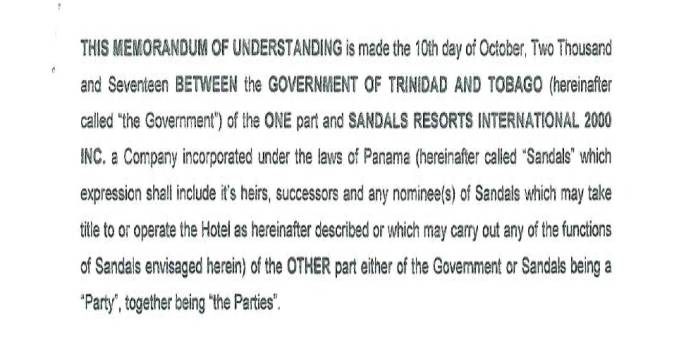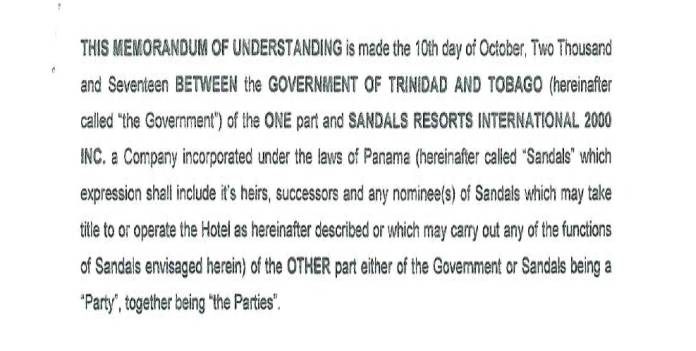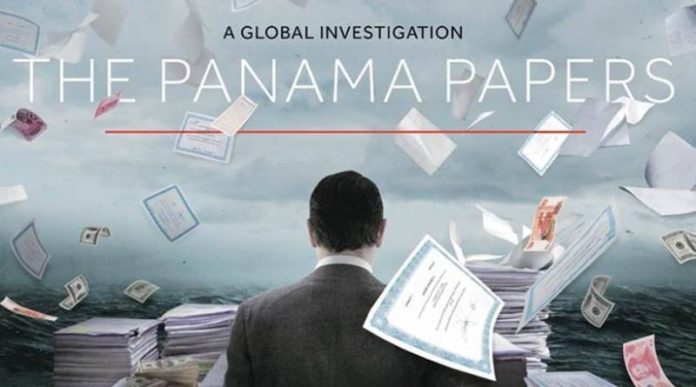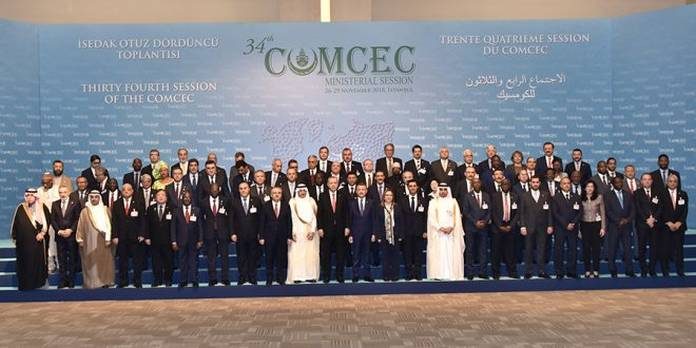
By Youri Kemp
Caribbean News Now associate editor
youri@caribbeannewsnow.com
PORT OF SPAIN, Trinidad — Prior to the release of a 2017 memorandum of understanding (MOU) between the government of Trinidad and Tobago and Sandals Resorts International (SRI) last week, concerns had been continually voiced over the transparency of the agreement and especially the financial concessions offered to SRI in relation to the two planned resorts in Tobago.
After the belated release of the much anticipated MOU, these concerns have not diminished, as the details of the agreement raise more questions over the economic feasibility and environmental concerns, in addition to the concomitant financial concessions.
The release of the MOU does however settle a lawsuit brought against the government by transparency activist, Afra Raymond, last year over the contents and secrecy involved and the need to have these documents released to the public.
The MOU, released through the Office of the Prime Minister, was signed by the then minister for tourism, Shamfa Cudjoe on October 10, 2017, and states that the SRI Tobago project will essentially be a joint partnership between SRI and its special purpose vehicle (SPV) Golden Grove-Buccoo Limited and the government on property called “Golden Grove”, estimated to be over 600 acres on the island of Tobago, part of which also features a special strip of land colloquially called “No Man’s Land”.
The tract of land is owned by CLICO, the collapsed international insurance company owned by CL Financial, whose main shareholder was Lawrence Duprey, and was reportedly part of the resolution settlement between CLICO and the government in relation to monies owed to investors and policyholders region wide – estimated to be some TT$2 billion back in 2016.
The fact of CLICO owning the Golden Grove property from as early as 2008, when its bought the land from the Angostura Bitters Company, was not initially disclosed when negotiations between the government and SRI first began.
Analysts have projected that the construction of a Sandals and a Beaches resort in the No Man’s Land area would represent an investment of at least US$300 million (TT$2 billion), assuming construction costs upwards of US$400,000 per hotel room.
The MOU also states it is estimated that, after completion, the project will hire upwards of 1,750 persons for a maximum room rate of 820 rooms, with an expectation of 80 percent occupancy on an annual basis.
The MOU also includes, however, that SRI has the right to hire and employ who they wish, in addition to the government agreeing without special clauses, favour or quotas to allow SRI to bring in via work permits any resort construction or staff members to oversee the development of the project or to work as staff after opening date.
Missing from the MOU, and what is assumed to be later rolled out in a Technical Service Agreement (TSA), are the rates of concessions, compensation, performance timelines and other fiduciary covenants that will guide the cost and the long term financial agreements between SRI and the government.
Environmental groups are not pleased with the planned development at the “No Man’s Land” area in particular, as it is said to be an environmentally sensitive area that can easily destroy protected wildlife.
Some have blasted the contents of the MOU and the plans to develop on the land as dangerous to the eco-sensitivity of the area, and also claiming that no feasibility study was done on the area for the project in addition to the project not having an environmental impact assessment (EIA) done for the area.
Back in 2016, Pat Turpin, the head of Environment Tobago, told local media:
“Sandals would be good for the island of Tobago because it would bring an internationally recognised brand to the island and it would increase visitor traffic to Tobago, which the island badly needs.
“However, the No Man’s Land site – that it is proposed the 750-room Sandals and Beaches resorts are to be built on – is part of the Buccoo Reef Marine Park and it is also an internationally protected area under the Ramsar Convention.”
Political opposition to SRI on Tobago has also been equally heated. Devant Maharaj, former member of parliament in the previous United National Congress (UNC) administration, in addition to slamming the government over fake renderings leaked of the drawings of the project sent to the Environmental Management Agency and also the overall lack of an EIA, said in a statement over the weekend:
“The major unanswered question and essentially ignored by the Rowley administration is to the lack of any process used to select Sandals Resorts Ltd as the hotelier of choice. Most media and citizens have proceeded to question the details of the secret deal blindly accepting that that there was absolutely no transparent process to select Sandals Resorts Ltd by the Rowley administration. Is the sole select of Sandals Resorts acceptable? Minister Stuart Young and Prime Minister Rowley have continuously refused to answer this very basic question on the manner and way in which Sandals was selected by the government.
“There is also the virtual ignoring of the very important issue of a feasibility study. What research was done to determine that another hotel is required in Tobago and that it will turn around the economy of the island? Tobago had the international brand of Hilton that did not have any major impact on the economy of Tobago or Trinidad and it eventually closed. Yet the nation is being asked to contribute some $8 billion for a sole selected Sandals without the support of any market research. What is the return on investment for Sandals and over what period?”
The opposition has not been in favour of the SRI project in Trinidad, and former prime minister and current leader of the opposition, Kamla Parsad-Bissessar, has noted repeatedly the lack of transparency in the negotiations between the government and SRI, a matter that has to come to parliament to be ratified, in addition to the overall details of the tax breaks and other concessions to be granted to SRI – an issue, even after the release of the October 10, 2017, MOU, which has still not yet been revealed.







